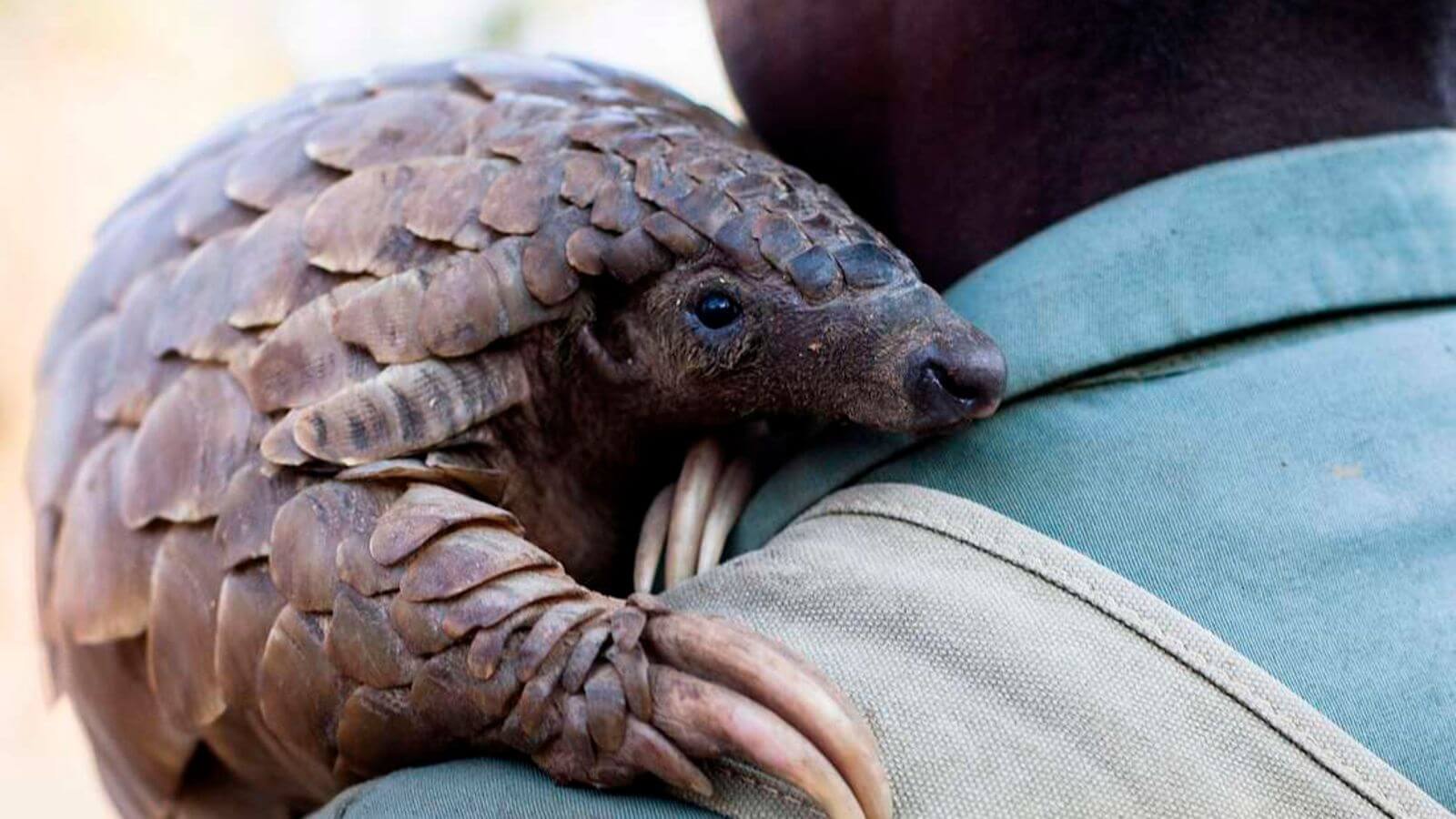
Kenya: Drama As Pangolin Is Airlifted, Presented As Evidence in Narok Court
There was drama at the Narok Law Courts as attendees scrambled to catch a glimpse of a pangolin that the Kenya Wildlife Services (KWS) had airlifted to the court as an exhibit.
The State agency presented the animal in a case where three people are charged with dealing with the animal, which is believed to be the world’s most trafficked non-human mammal, at Empaash area in Narok South Sub-County, without a valid Kenya KWS permit.
The three, Daniel Kisaika, Daniel Tonyua and Sanchan Kisaika, were arrested on March 12 this year at their home where they had allegedly locked the animal in their house.
Appearing before Narok Chief Magistrate George Wakahiu, the three denied the allegations and through their lawyer, Martin Kamwaro, they pleaded with the court to release them on a lenient bond.
They were accused that on March 12, at around 1430hrs at Empaash area, they were found dealing with the endangered animal without a dealer’s licence or other lawful exceptions granted under the Wildlife Act.
“My clients live in an area surrounded by wild animals and it is not a wonder if they find their way into their homestead while in search of food. I request the court to consider releasing them on lenient bail terms,” said Mr Ole Kamwaro.
The chief magistrate, however, denied the trio free bond on grounds that the animal was an endangered and protected animal. The court ordered the three to be released on a Sh1 million bond each with surety of a similar amount.
Mr Wakahiu directed KWS to file an affidavit for the animal to be released since it was still alive and continued detention was a threat to its life since no one knows its feeding habits.
KWS had airlifted the animal from Empaash to the Maasai Mara University grounds before the wardens trekked to the Narok Law Courts with it in a box.
Pangolins are the world’s only scaly mammals, and its scales make up about 20 percent of its total body weight.
They are threatened by poachers due to high global demand for their scales and meat, especially in China where it is used for traditional medicine.
All pangolin species are afforded the highest protection status under the Convention of International Trade in Endangered Species of Wild Fauna and Flora (CITES) due to their exploitation in illegal trade.
If found guilty, the three accused face a fine of not less than one Sh1 million or an imprisonment term of not less than five years or both.

